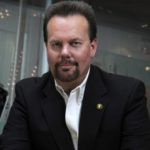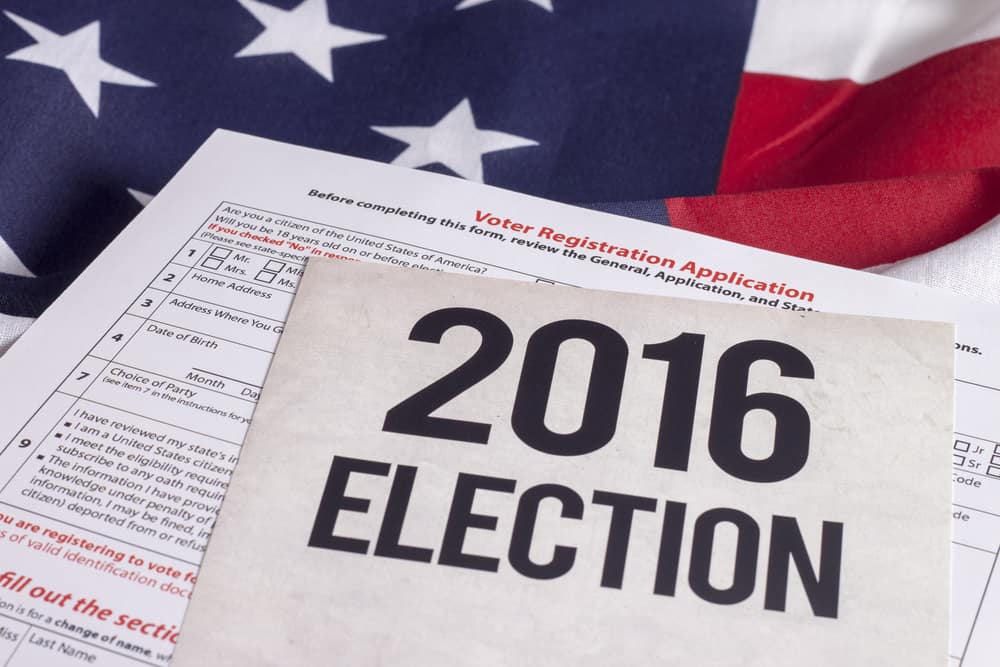Election years present an increased risk of politically motived electronic eavesdropping. The candidates, campaign staff, political organizations, the press and/or news media may be targeted for electronic eavesdropping. From campaign strategies to dirty little secrets, an election can be won (or lost) because valuable information is captured, leveraged and/or reported. An exclusive election news story can make the career of a reporter, or generate significant revenue for a news organization. An election news story can launch a candidate to the top of the polls, or destroy their chances of winning the election. Was the information collected legally? Maybe, and maybe not. But, to a spy who seeks to influence an election, the potential reward far outweighs the risk of being caught.
The news organization that breaks the pivotal story is often the winner. The candidate that outwits the eavesdropper(s) may be closer to the election victory. But, the bugged candidate or organization may be faced with a very damaging outcome. The election candidate’s hopes for victory may instead collide with the demise of their political aspirations. How can damaging politically motivated election outcomes be prevented? Have you heard of technical surveillance countermeasures (TSCM)? It’s the science of detecting bugging devices. We’ll explain how TSCM can help prevent the damaging outcomes of politically motivated electronic eavesdropping
US political elections and electronic eavesdropping have a long, sordid past. The political careers of Nixon, Clinton, Rove and McConnell have all been impacted by electronic eavesdropping. The articles below tell the story of political influence gained or lost as a result of bugging operations aimed at political figures:
Did Investigators Bug Tom Steyers Private Jet?
Election-Year Investigations – Karl Rove 2000
GOP Security Aide Among 5 Arrested in Bugging Affair – DNC 1972
The Media Are Missing the McConnell Taping Story
Former CBS Reporter Claims Government Bugged Her Computer
U.S. Bug in Mayor’s Office Roils Philadelphia Race
Former FBI Agent Who ‘Bugged’ Mayor Street’s Office Speaks Out
Millions are spent on election campaigns. It’s big business and it takes the efforts of many to accomplish election success. But, a spy close to the election team can bring it all to a screeching halt. Campaign staff or volunteers may be spying for the opposition. Promises of political favors, large sums of money or even candidate preference can entice a spy to do the unthinkable. Someone may be convinced to plant a bugging device in a candidate’s office. The night cleaning crew may be enticed to place a key logger on a reporter’s computer. A misguided enthusiast may bug the conference room of a political organization because of a promised benefit. The reason(s) people agree to spy vary. But, the end result is influence on the election outcome.
How Can The Politically Vulnerable Protect Against Electronic Eavesdropping?
A strong security team and comprehensive security protocols are important. An effective cybersecurity program is also vital. But, even the best physical security and cybersecurity efforts cannot prevent electronic eavesdropping. Sure there is a physical element to a bugging operation and cybersecurity efforts protect against some types of cyber penetration attacks. But, security and cybersecurity professionals are not trained or equipped to detect bugging devices. A technical surveillance countermeasures (TSCM) / Cyber TSCM™ expert is. If you want to locate well hidden bugging devices, you need a seasoned TSCM / Cyber TSCM™ expert.
Aren’t Bugging Devices An Outdated Way to Capture Information?
No! Bugging devices have evolved as technology has changed. Bugging devices are now inexpensive and easy to use. They can be activated and operated remotely. Their power source can last months, or even years. They can be disguised in common office items (pens, clocks, fire alarms, etc.) A cell phone, laptop or even a VOIP phone can be used as a bugging device. And, devices like IMSI catchers and laser microphones can all but eliminate the odds that an eavesdropper will be caught. Devices that use the cellular network, such as the Internet of Things devices, can also be used to spy. Bugging devices keep getting smaller and more sophisticated. They are anything but outdated!
Why Is A TSCM / Cyber TSCM™ Expert Needed to Detect Electronic Eavesdropping?
Detecting electronic eavesdropping devices is a science. The way bugging devices operate, the signal they produce and the way(s) the devices can be detected varies. There are literally hundreds of different types of bugging devices. Bug detection equipment is specialized and highly technical. It also takes a significant amount of training and skill to effectively detect bugging devices. Knowledge of existing and emerging threats, counterintelligence and counter surveillance skills are also needed. A TSCM / Cyber™ expert has mastered all of these skills, is equipped to detect the variety of bugging devices that may be used and is knowledgeable about spying techniques.
How Can You Better Defend Against Politically Motivated Bugging Operations?
Strong physical security and cybersecurity programs are vital. Complimenting these programs with routine bug sweeps to detect electronic eavesdropping is also vital. Add In-conference monitoring to your defenses and you can keep information discussed during sensitive meetings confidential. A multi-faceted approach is the best defense against electronic eavesdropping!
It’s not uncommon for a political election to be influenced by a bugging operation. The candidates, campaign staff, political organizations, the press and/or news media are all potential targets. Bugging just one of these person(s) or organization(s) can reap valuable information for a spy. The information collected via electronic eavesdropping can make or break an election candidate. Leaks of information by unsuspecting press or news media can be disastrous to their creditability. By adding routine TSCM / Cyber TSCM™ services to your existing defenses, you can reduce the likelihood of unintentionally influencing an election.
About the Author:

© 2016 ComSec LLC. All rights reserved.


That’s an inigoenus way of thinking about it.